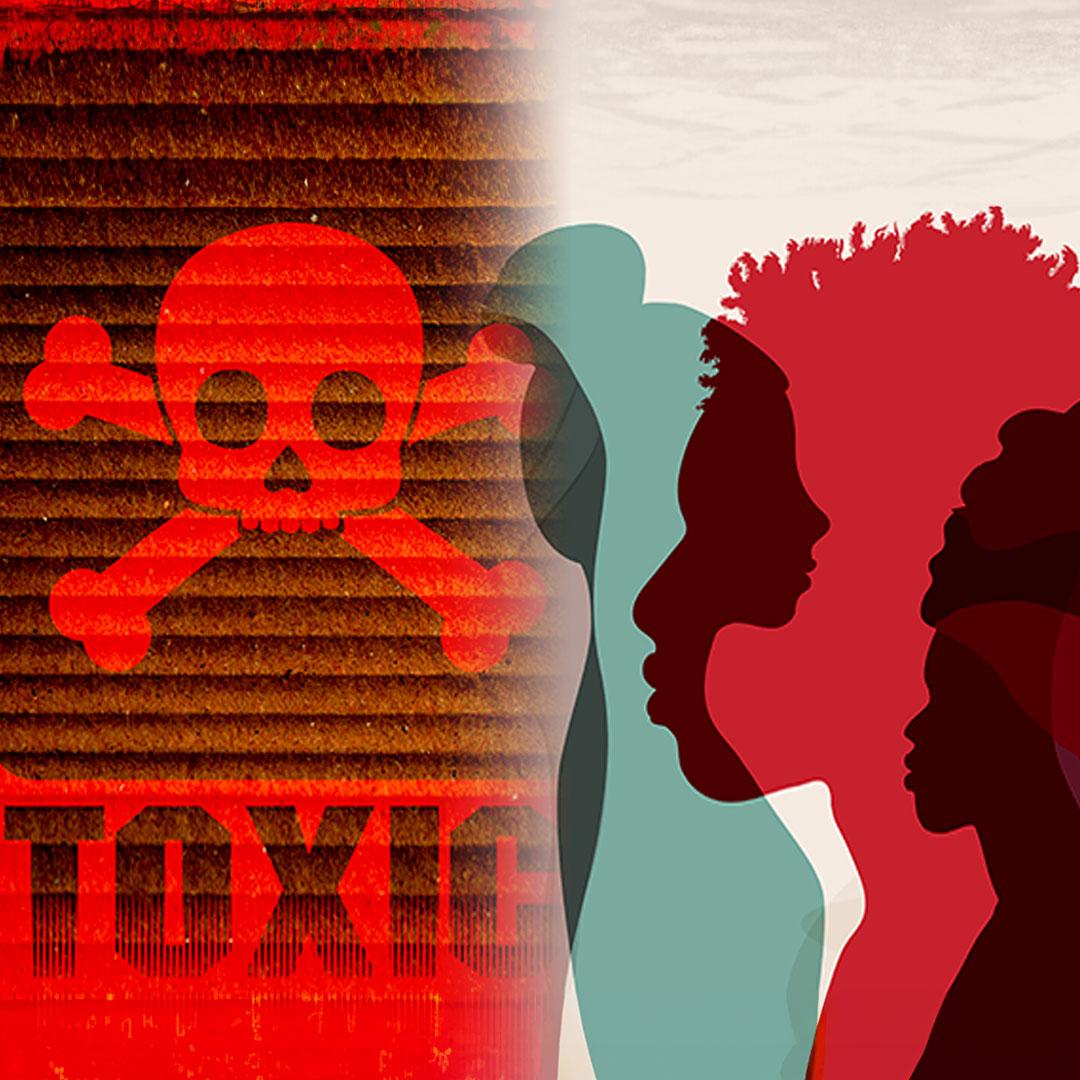
Event Details
When:
-
Location:
Online: Zoom
Price:
Free
Brought to you by:
Institute of Environmental Toxicology and Chemistry, The Foundation for WWU & Alumni
Description
Check out this video to watch the Environmental Chemical Drivers of Health Inequities and Chronic Disease.
People are exposed to a wide array of toxic industrial chemicals coming from a wide range of uses - from personal care products to plastics to air, water, and food pollution. Chemical exposures and risks are not distributed evenly, with poor communities of color having higher exposure to many environmental chemicals and those at developmental stages being at higher risk. Chemical exposures are linked to the increasing incidence of multiple childhood and adult diseases, including asthma, neurodevelopmental disorders, cancer, and metabolic disorders like diabetes and obesity. The relationship between toxic chemicals and health is complex and heightened by other environmental and socioeconomic factors, such as cumulative exposure to chemicals, poverty, diet, and stress. This talk will review exposures to environmental chemicals and their contributions to health inequities.
More information about the speaker series is available, as are all past Toxicology and Societies recordings.
Featuring:
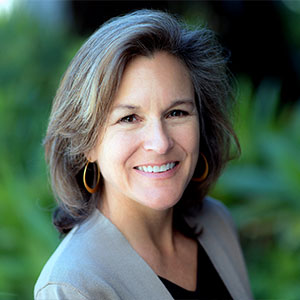
Tracey Woodruff, Speaker
Dr. Tracey Woodruff is the Alison S. Carlson Endowed Professor in the Department of Obstetrics, Gynecology, and Reproductive Sciences at UCSF and the Director of the Program on Reproductive Health and the Environment. She is a recognized expert on environmental pollution exposures and impacts on health, with a focus on pregnancy, infancy, and childhood, and her innovations in translating and communicating scientific findings for clinical and policy audiences. She was previously a senior scientist and policy advisor for the U.S. EPA’s Office of Policy. For more information on Tracey’s work, visit www.prhe.ucsf.edu, or follow on Twitter @UCSF_PRHE and @TraceyJWoodruff.
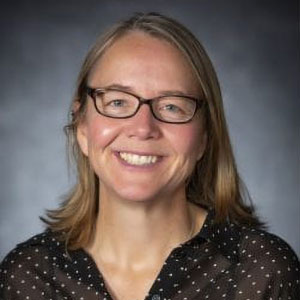
Ruth Sofield, Co-Host
Ruth Sofield is a Professor of environmental toxicology and chemistry in the College of the Environment. She received her PhD and MS in Environmental Science and Engineering at the Colorado School of Mines. Ruth's research group focuses on the effects of water and air pollution. Their current projects include the aquatic toxicity of microplastic and tire wear particles, and the use of moss as a biomonitoring tool for particulate matter. Ruth is a member of the Puget Sound Partnership Science Panel and the President of the Pacific Northwest Society of Environmental Toxicology and Chemistry.
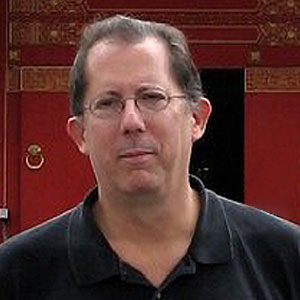
Tracy Collier, Co-Host
Tracy Collier received his PhD in Fisheries Sciences from the University of Washington. He has worked for over 45 years as a toxicologist, with more than 35 of those years spent at NOAA's Northwest Fisheries Science Center, where he served as the director of a science division that employed up to 100 people, covering several disciplines, including environmental toxicology, analytical chemistry, harmful algal blooms, and watershed processes. He has over 175 scientific publications, and currently is an affiliate faculty at Western.
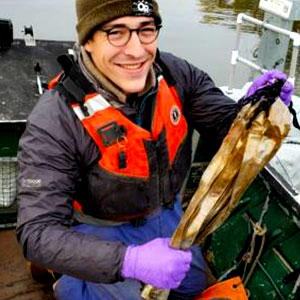
Ian Moran, Co-Host
Ian Moran is a newly appointed Visiting Assistant Professor in the Department of Environmental Sciences at Western Washington University. He conducted his PhD research at Oregon State University leveraging passive chemical samplers and embryonic zebrafish to investigate the occurrence, movement and toxicity of chemical mixtures at contaminated sites in Oregon and Alaska. As an alumnus of the College of the Environment Ian is excited to be back on campus to teach toxicology courses this year!
Accommodations and Other Details
Contact The Foundation for WWU & Alumni for this event by calling (360) 650-3353 or emailing Alumni@wwu.edu.
There will be auto-captions available for this event.
The views expressed by our speakers do not necessarily reflect those of Western Washington University.